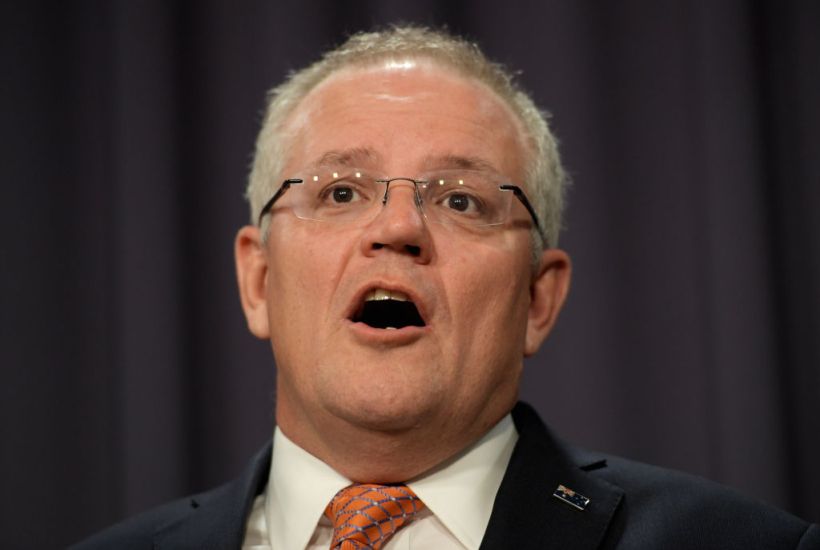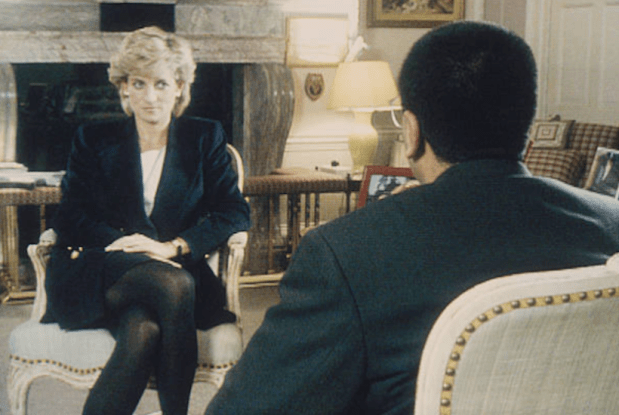In 1980 when Laurie Oakes, was leaked the Budget papers in the Treasury car park and revealed his trove on Channel Nine two days before then-treasurer, John Howard delivered it, the Fraser government was deeply embarrassed.
Laurie’s leak is still regarded as one of the great political scoops of Australian journalistic history and while the journalist was prosecuted, (Oakes never revealed his source) the leaker was never found, although Canberra know-it-alls pointed fingers at an up-and-coming young treasury officer, Ken Henry.
Today Prime Minister Scott Morison will deliver a speech focusing on the APS and its provision of services to Australians and government. The keywords are ‘respect and expect’.
My approach across multiple portfolios (Immigration, Social Services, Treasury and now as Prime Minister) has been based on a simple, straightforward formula for managing my relationship with the public service – respect and expect.
Respect the experience, professionalism and capability that the public service brings to the table, both in terms of policy advice and implementation. And then having set the policy direction, expect them to get on and deliver it.
It is also about respecting the fact that responsibility for setting policy lies with the elected representatives of the people and expecting Ministers to provide that leadership and direction.
This imposes an important responsibility on Ministers. They must be clear in what they are asking of the public service. They must not allow a policy leadership vacuum to be created, expecting the public service to fill it and do their job.
One of the worst criticisms politicians can make of each other is that a Minister is a captive of their department. That is not a reflection on the department, but on the Minister. It speaks to a Minister not driving their policy agenda. I have selected and tasked my Ministers to set and drive the agendas of our Government. I believe the public have a similar expectation.
A couple of weeks ago Canberra’s coffee shop conversation was about former Home Affairs officer Michaela Bannerji’s loss in the High Court after she was sacked from her job in the Department’s communication section after some 5000 tweets leaking about the department’s role and on-going functions. Was Bannerji a whistleblower or a leaker and should she have been doing it while still on the Departmental payroll? In Canberra, they think she was, overall, committing an impropriety, whether or not it was on her own time or her Department’s.
Talk then turned to the AFP raids on News Corp journalist Annika Smethurst’s home and the ABC offices after Smethurst’s story implied that the Australian Signals Directorate could spy on Australians with approval of Defence and Home Affairs.
At the following parliamentary enquiry on press freedom, Home Affairs secretary Michael Pezzullo, author of the leaked document, destined for Defence Secretary Greg Moriarty, argued the leaker of a top-secret document to Smethurst should, when found, be jailed.
It is in this politically-charged atmosphere that the Prime Minister delivered today’s speech, setting out, clearly and succinctly, and perhaps for the first time in Australian public sector history, his government’s terms and expectations for the Service.
The public service is the indispensable engine room for any successful government in delivering on its commitments to Australians.
I have always believed that, guided by clear direction from Ministers, the public service is at its best when it is getting on with delivering the services Australians rely on and ensuring Governments can implement the policies they have been elected on.
It’s important not only to establish clear lines of accountability. It is also fundamental to ensure our democracy keeps faith with the Australian people.
Public servants, particularly those in Canberra, have in the last decades, taken a more participatory role than previously when the tradition of an apolitical Service applied, its mission to serve the government of the day without fear or favour. Perhaps they also could make public servants sign the APS Code of Conduct, part of the Public Service Act (it seems to have fallen into disfavour because it allegedly made recruits feel uncomfortable).
Got something to add? Join the discussion and comment below.
Got something to add? Join the discussion and comment below.
Get 10 issues for just $10
Subscribe to The Spectator Australia today for the next 10 magazine issues, plus full online access, for just $10.


























Comments
Don't miss out
Join the conversation with other Spectator Australia readers. Subscribe to leave a comment.
SUBSCRIBEAlready a subscriber? Log in